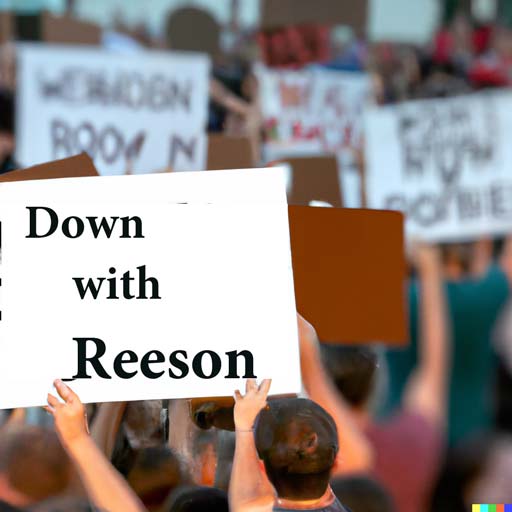
In his seminal book Thinking, Fast and Slow, Nobel Laureate Daniel Kahneman wrote:
Social scientists in the 1970s broadly accepted two ideas about human nature. First, people are generally rational, and their thinking is normally sound. Second, emotions such as fear, affection, and hatred explain most of the occasions on which people depart from rationality. Our article [with Amos Tversky] challenged both assumptions without discussing them directly. We documented systematic errors on the thinking of normal people, and we traced these errors to the design of the machinery of cognition rather than to the corruption of thought by emotion.
As their work progressed, Kahneman and Tversky uncovered several biases in our intuition that distort our perception of reality. For example,survivorship bias and the belief that what you see is all there is (WYSIATI) gives us a distorted view of reality. Kahneman and Tversky also explored ingroup-outgroup bias that underpins human conflict on a grand scale. They also investigated confirmation bias, the human tendency to seek evidence that confirms what we already believe.
Some people, through higher education or exposure to the scientific way of thinking, are able to recognize these innate biases within themselves and transcend emotional responses to events. This enables them to engage in a rational analysis that provides deeper insights. But relatively few people achieve this level of sophisticated thinking, because we are all chemical beings, dominated by the hormones and neural transmitters that evolved during millions of years of surviving in a “kill-or-be-killed” universe.
Neurologists believe that rational thinking emerged late in the development of the human brain as the neocortex developed. Emotional thinking on the other hand, is deeply rooted in the earlier parts of the brain (amygdala and hippocampus) at the top of the brain stem. Consequently, our first responses to events tend to be emotional and this can be controlled only through rational thinking. The wars and conflict that characterize human history are a continuing testimony to the dominant position of emotion in the human psyche.
To the rational mind, the universe is fascinating and complex. It’s difficult to be absolutely certain about anything. That is why scientists talk about “theories” rather than “facts.” The only people who believe with high intensity and absolute certainty are those who know the least. If you scan the social media, you will find many people who are long on certainty and short on knowledge. I don’t know whether our species is in an early or late stage of its evolution, but it seems to be bifurcating into two solitudes–those who are able to think rationally and the others.
